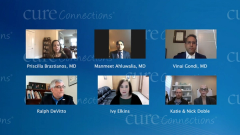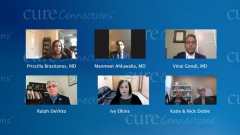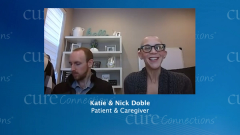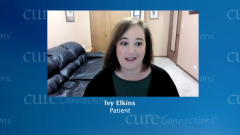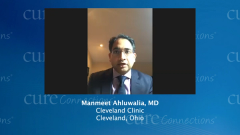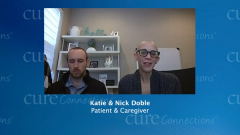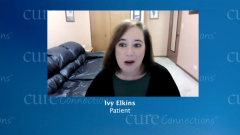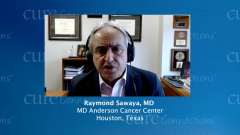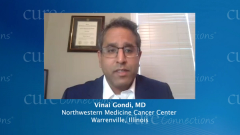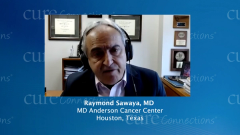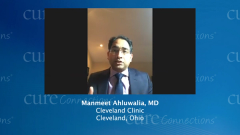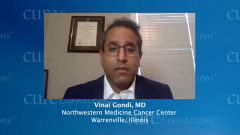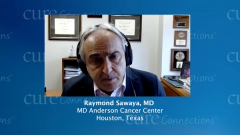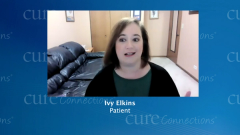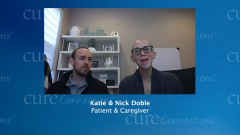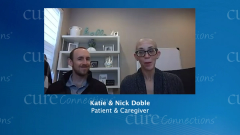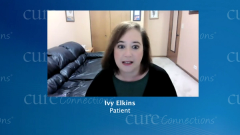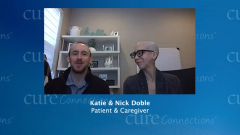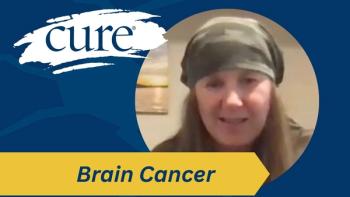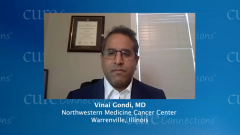
Individual Assessment of Treatment Success With Brain Metastases
Episodes in this series

Priscilla Brastianos, MD: Tell us, how do you define treatment success?
Ivy Elkins: For me, at the very beginning of my treatment, I was too nervous to look too far toward the future and plan too many things. But when I was diagnosed, since my boys were young, treatment success to me meant being around in order to raise them. The fact that my older son is a sophomore in college and my younger son is a senior in high school and applying to college right now, to me, is an incredible measure of success because they were 10 and 13 years old when I was diagnosed. I didn’t even know if I would be around to see them start high school, let alone finish high school and start enrolling in college. So to me, treatment success is making certain milestones in my family’s life. Next year, my husband and I will celebrate our 25th anniversary. I never expected to see that either. It’s those milestones that make it all worthwhile and are important to me.
Priscilla Brastianos, MD: Oh, that’s amazing. I’m tearing up just hearing it. Katie, how about you? How do you define treatment success and what aspect is most important to you?
Katie Doble: It’s very similar to what Ivy just said. We haven’t been able to start a family, and my goal in life is to be the fun aunt, and I think I’m succeeding wildly at that. We’ve got four nephews now and two nieces, and my life goal, what I envision, and what I visualize is celebrating drinking a first beer with them when they turn 21 and dancing at their weddings. In the day-to-day now, it’s being able to spend time with them, obviously not this year, but to be there for them, to do sleepovers, and to just be part of their lives. My nephew had his 12-year-old physical yesterday, and the doctor asked him, “Who do you talk to when you’re down?” My sister said she was all ready for him to say, “My mom,” and he said, “My aunt.” So, for me, it’s being a part of their lives.
For me and Nick, it’s making plans, still being able to travel, really living our best lives, and taking advantage of the fact that we don’t have kids and that we can take vacations. Nick is from England, so we go back, we travel to Europe frequently, of course, not this year because of the pandemic. All along treatment success has been buying me time, and now that I’m farther away from my initial diagnosis, it’s making sure that I can still do the things that I love. The TIL [tumor-infiltrating lymphocyte] treatment this year was really challenging, but there was always a light at the end of the tunnel. I always knew it was going to be tough, but it’s 17 days in the hospital, then you go home, you get stronger, and then you can live your life again. As long as I have something to look forward to, there’s something on the horizon, and I get to spend time with people I love, then that’s when I feel like we’re succeeding.
Priscilla Brastianos, MD: It sounds like both of you are lucky enough to have had that, where the treatment has allowed you to live your lives and be there for the milestones.
Transcript Edited for Clarity

